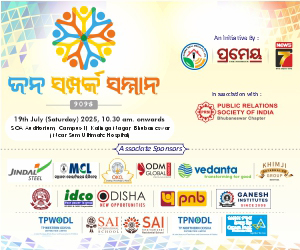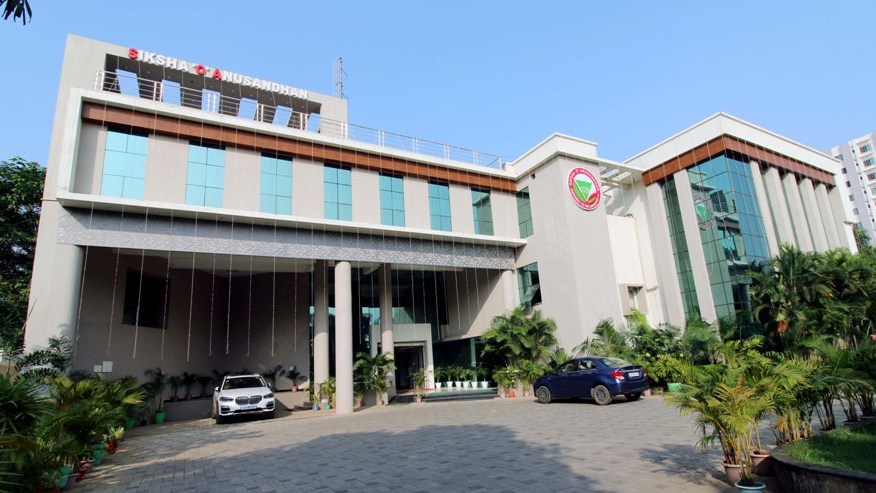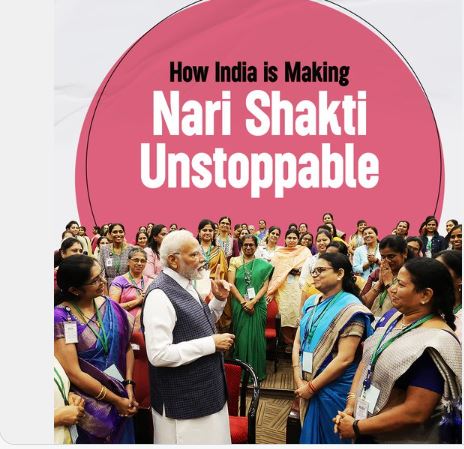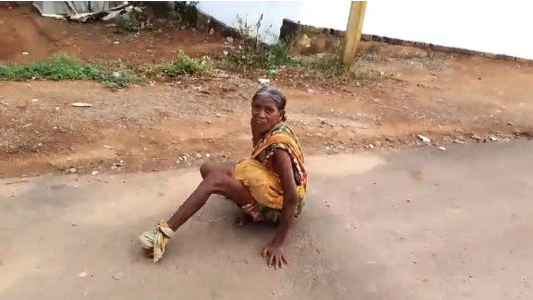PAGD shuns rigidity, opens doors for dialogue
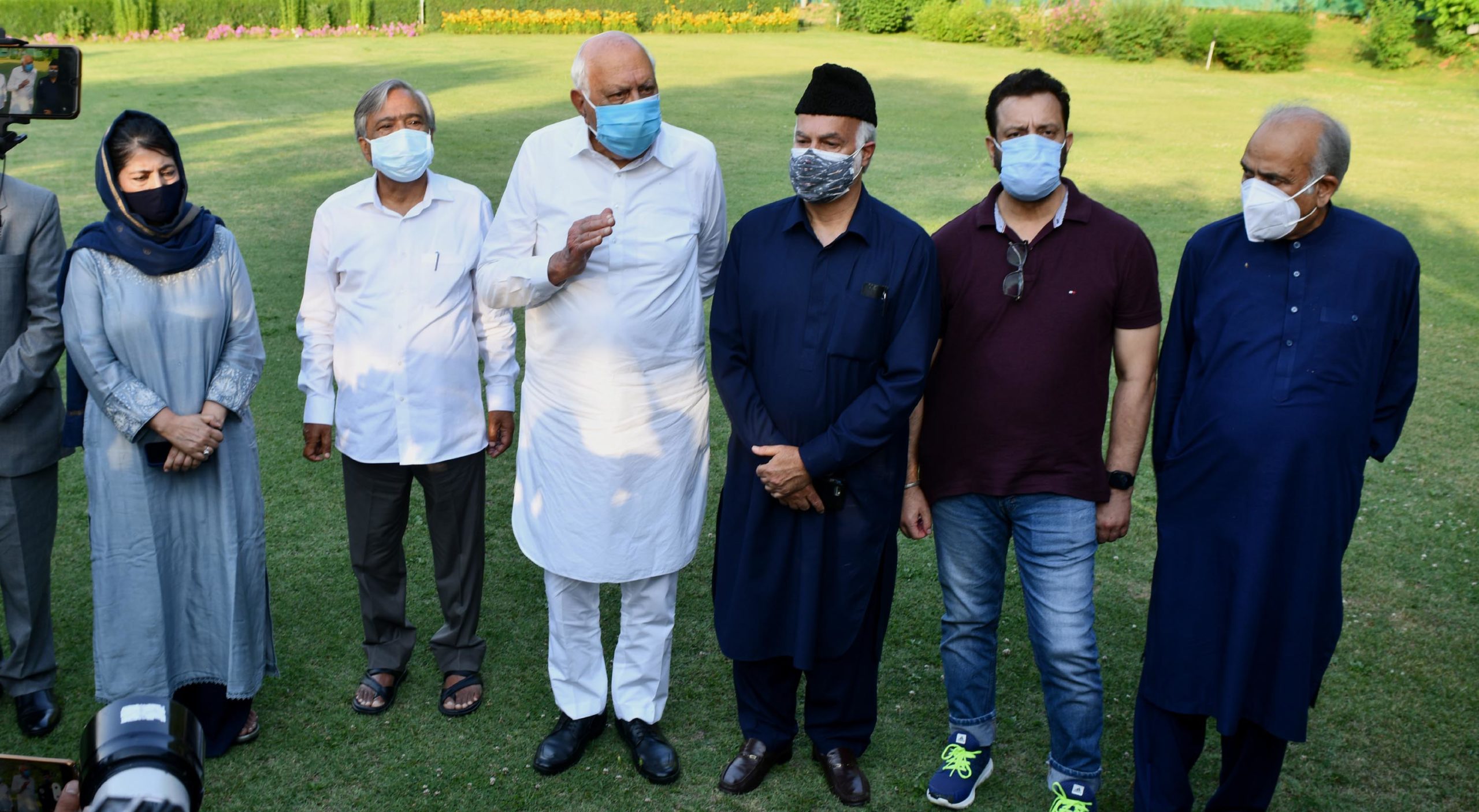
wp:paragraph {"align":"left"} By Arun Joshi The People’s Alliance for Gupkar Declaration, the flagbearer of the restoration of special status and privileges to Jammu and Kashmir made a special appearance on Wednesday evening in Srinagar to tell Delhi that the alliance was open to talks. It was a dramatic shift from its rigid stand that how could the alliance and its leaders talk to Delhi that had inflicted constitutional and geographical wounds on the state that was known as crown of India.Wednesday’s meeting at PDP president Mehbooba Mufti’s residence at Gupkar road that runs parallel to Dal lake had three distinct features; a) reiteration of the existence of the Alliance that had not met for more than seven months since its last meeting in Jammu on November7 last year, b) showcase its softened approach toward Delhi and willingness to engage in talks to resolve the contentious issues, both in long and short terms, c) the alliance partners are looking at their future in the electoral politics as the drum beat of the Assembly elections in J&K is getting louder, especially after the Delimitation Commission is seeking to expedite its work of redefining the constituencies ahead of the Assembly elections .National Conference president Farooq Abdullah who also heads the PAGD did not mince words in stating that while the stand of the alliance on its original demand of restoration of J&K’s status of August 4, 2019, remains unchanged, but “our doors are open or talks.” The thrust was clear: if we are invited ( for talks), our doors are open.” The nuance could not be more direct and substantial .It was a sobering statement to make Kashmiri society aware of the realities that confrontation with Delhi would yield nothing, and the dialogue remains the only option .This, as such m was also a message for Delhi to initiate the process of dialogue on its own instead of making it to happen to look as if it is being done under some pressure.This freshly planned and articulated plea for dialogue can be understood better against the backdrop of shrill noises on special status coming from across the border. Pakistan has further raised its pitch on Kashmir issue. Pakistan Prime Minister Imran Khan in a recent interview with Reuters laid a precondition for restarting dialogue with India, saying that India should first show its roadmap of undoing what it did on August 5, 2019 – the day when Government of India abolished Article 370 that granted special status to Jammu and Kashmir that had its symbolic and content value. It was rich in symbolism as the erstwhile state had its separate flag, constitution and the most powerful legislature in the country after the parliament. Content wise, its critical importance lay for the permanent residents of the state. They had exclusive rights to own land and immovable property, jobs and scholarships. The state legislature had the authority to define who all were, and who all could be the permanent residents of Jammu and Kashmir .It is now for Delhi to pick up the message and respond to it in a positive manner – it may not discuss the abrogation of Article 370, that, of course, is something it cannot do, and it would be outlandish to expect it reversing or entering into negotiations on this particular issue . There is a huge political cost involved for the Central government and BJP that runs it, and the bigger thing at stake is its credibility of the logics that it had advanced at the time of abrogating Article 370 on August 5, 2019.There, however, it should not hesitate to discuss is to re-arrange the things on the political map where the UT of J&K can become the state, and that is the promise that Home Minister Amit Shah had made on the floor of the Parliament. There also should not be any skepticism in restoring some of the special rights of the permanent residents of the place.Kashmir deserves special attention, not because Pakistan or other countries are raising it, but due to its geo-strategic importance. Its grievances should not be allowed to fester further as at this moment India is caught in a corner in strategic terms, particularly in the South Asian region, where Pakistan and China are expanding their influence and strategic investment . They have entered Afghanistan, and India despite being the largest country of South Asia is not much visible at the moment . India cannot have a festering wound in this region as the fact that stands out is that things have not changed much in Kashmir. The outer violence may seem be over, but the simmering discontent is still there. It is not a good sign. If the PAGD has thrown its hat in the ring, Delhi should respond accordingly. About the Author: Arun Joshi is a senior journalist based in J&K. He has worked with Hindustan Times, Times of India, Indian Express and The Tribune. He has authored “ Eyewitness Kashmir: Teetering on Nuclear War” and three other books. wp:separator /wp:separator DISCLAIMER This is the personal opinion of the author. The views expressed in this write up have nothing to do with the www.prameyanews.com wp:paragraph {"align":"left"}
Latest News
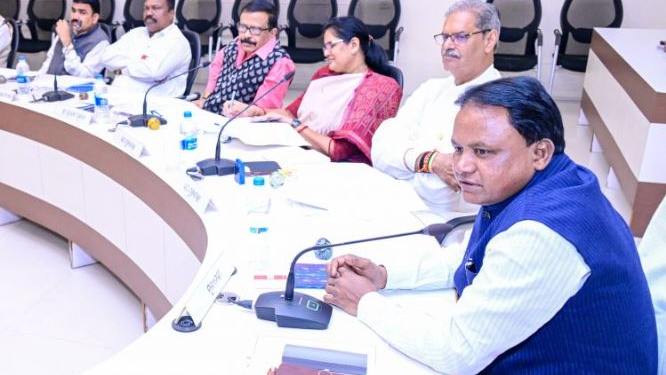
Odisha Cabinet approves 13 significant decisio...

Balesore FM college student’s condition stable...
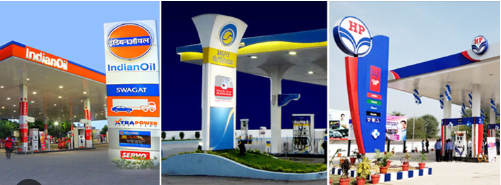
Petrol Pumps to remain closed across Odisha to...
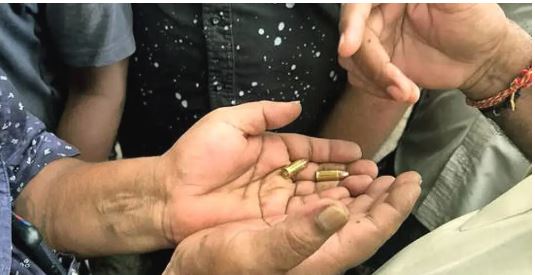
Bravo: Trolley-rickshaw puller in Cuttack nabs...
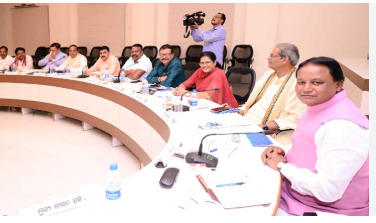
Odisha Cabinet clears 13 proposals, approves c...

Odisha: Crime Branch takes over probe into FM...
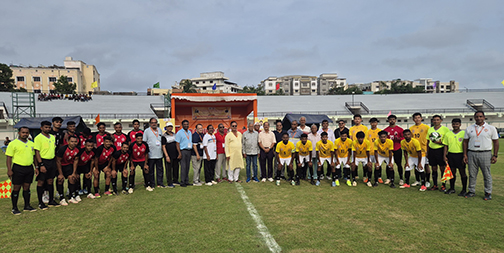
Bhubaneswar wins Sahani Cup inaugural
Copyright © 2024 - Summa Real Media Private Limited. All Rights Reserved.










